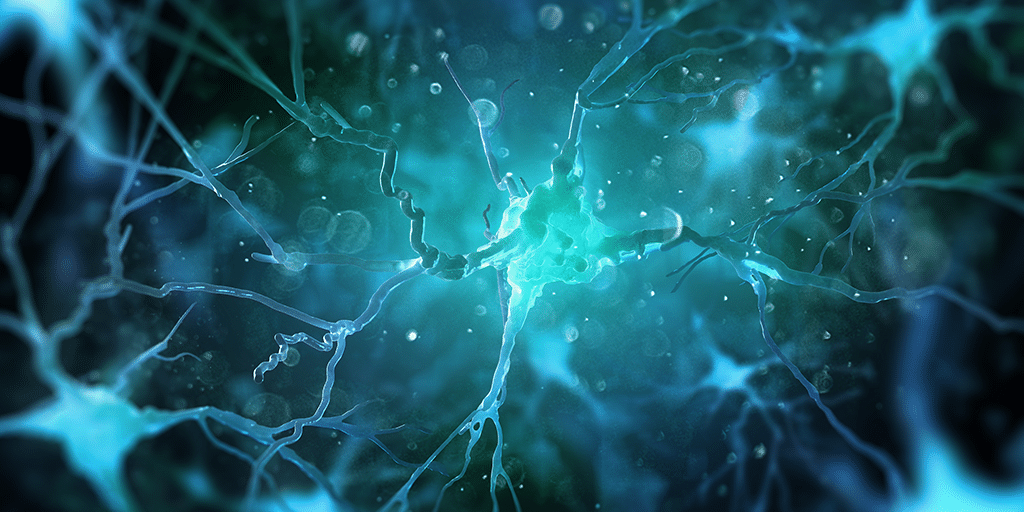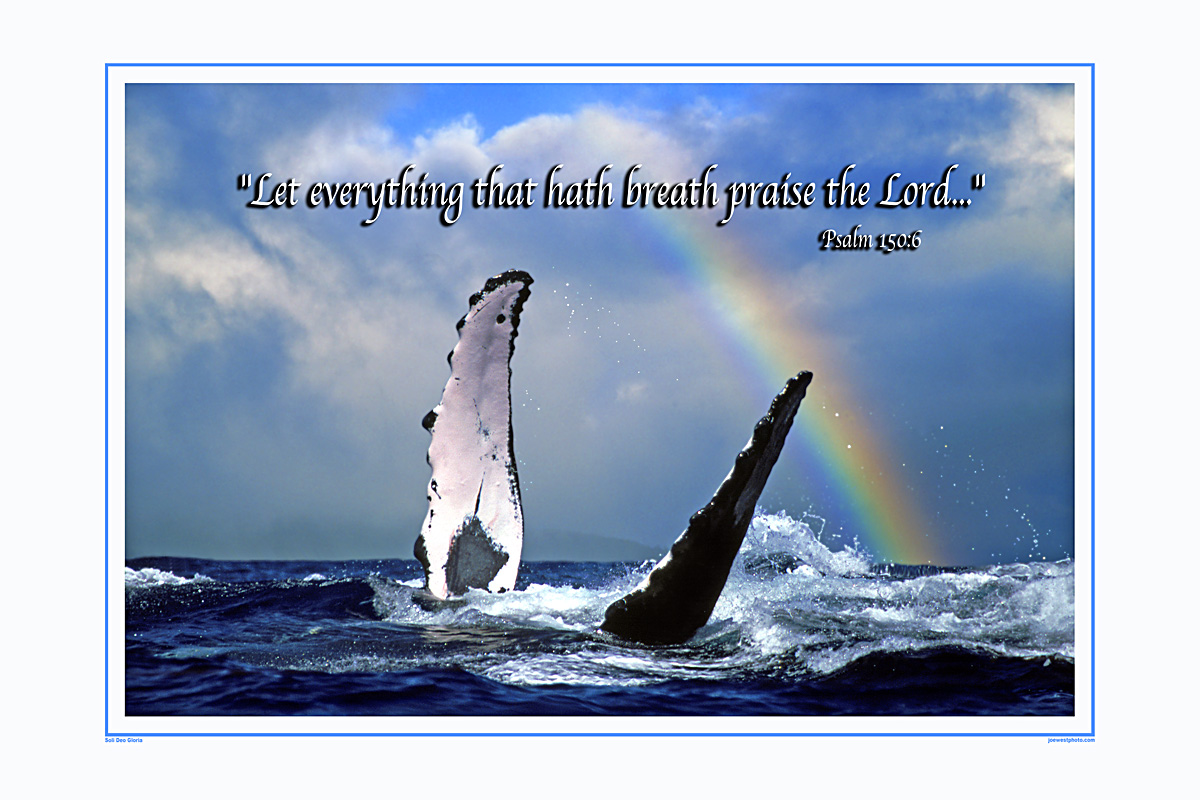Miracles of New Age “Energetic Medicine” – Part 2

Warning: Energetic Medicine May Be Hazardous to Your Spiritual Health
As I pondered what I had read in these books by Chopra, Weil, Siegel, and other similar thinkers [See Part 1], my mind—instead of “attuning” to these ideas—raised many red flags. For example, if we are really a part of the divine (as Siegel indicates), why is it necessary for us to buy books from gurus to find out about it? If we were God, wouldn’t we already know it?
And if all is truly a part of the “divine oneness” in the universe, as these guys argue, how is it possible for sickness and health to coexist in the first place? How can sickness and health be a part of the same oneness?
Furthermore, if we are already a part of the divine, then how can we get sick? Can any part of God get sick?
There seem to be numerous logical inconsistencies in the worldview these gurus are trying to sell us. These facts alone ought to make one highly suspicious about energetic medicine.
I smell “spiritual deception” beneath the surface of these energetic health models. So does Christian apologist Douglas Groothuis:
Whatever the efficacy of these various practices, the Christian must be careful to test the spirits to uncover unbiblical ideas (1 John 4:1). Christians realize that the spiritual realm is real but not uniformly benevolent. A host of rebellious spirits or demons can masquerade as agents of healing and health for the purpose of diverting attention from the Great Physician.[1]
As one examines the specifics of energetic medicine, along with the various psychotechnologies (mind-altering techniques) that go along with it, numerous concerns emerge which cause the discerning Christian to do an about-face. In what follows I will summarize just a few basic concerns.
Different Concepts of God
All the major energetic health gurus are open to different concepts of God. Andrew Weil affirms, “I do not think it matters much how you conceive of that higher power; what matters is the sense of connection to it. It can be the father-god of the Old Testament, Jesus Christ, the Compassionate Buddha, the Great Spirit, the Goddess, pure, undifferentiated Consciousness, or simply the Mystery.”[2]
In an interview recorded in New Age Journal, Bernie Siegel said:
The nicest compliment I get is people coming up and saying, “Just what religion are you?” I was brought up in the Jewish religion. Last night [when I spoke to a group] the minister thought I was Catholic, and I said, “Thank you, that’s a wonderful compliment.” Because, if they can’t tell [my religion, it supports] the point I am making: Spirituality is universal. Religions are a problem, but spirituality and love are not.[3]
The Occult Connection
There is an undeniable and very strong connection between energetic medicine and occultism. The late Elliot Miller points out:
Wherever it has appeared—in ancient paganism, modern occultism, or parapsychological research—this “life force” has been accompanied by altered states of consciousness, psychic phenomena, and contact with spirits. Additionally, those who are capable of perceiving, and adept at manipulating, this force invariably are shamans (e.g., witch doctors), “sensitives,” or psychics, thoroughly immersed in the pagan/occult world.[4]
Many energetic health therapies seek to enhance the flow of “healing energy” in the body. Unfortunately, by engaging in such practices, many people have been sucked headlong into occultism. Miller says that “my wide-ranging research of occultism emboldens me to suggest that this energy is part and parcel of the occult—where the occult appears, it can be found; where it is found, the occult will inevitably appear.”[5]
Miller’s claim is verified in examining the writings of Chopra, Siegel, Weil, and other energetic health practitioners. Consider the following excerpt from Love, Medicine & Miracles in which Siegel speaks of how he met his spirit guide during a mystical exercise at a conference led by a couple, the Simontons:
The Simontons taught us how to meditate. At one point, they led us in a directed meditation to find and meet an inner guide. I approached this exercise with all the skepticism one expects from a mechanistic doctor. Still, I sat down, closed my eyes, and followed directions. I didn’t believe it would work, but if it did, I expected to see Jesus or Moses. Who else would dare appear inside a surgeon’s head?
Instead I met George, a bearded, long-haired young man wearing an immaculate flowing white gown and a skullcap. It was an incredible awakening for me, because I hadn’t expected anything to happen. As the Simontons taught us to communicate with whomever we’d called up from our unconscious minds, I found that talking to George was like playing chess with myself, but without knowing what my alter ego’s next move would be.
George was spontaneous, aware of my feelings, and an excellent adviser…. All I know is that he has been my invaluable companion ever since his first appearance. My life is much easier now because he does the hard work.[6]
This is occultism. Yet it is couched in such seemingly benign and innocuous language, it sounds like what Siegel encountered should be a part of all our religious experiences.
During his trips to South America, Asia, and India, Andrew Weil admits to having worked with shamans and faith healers.[7] In his book Natural Health, Natural Medicine, he expresses openness to Zen meditation and the use of mantras.[8] These are distinctly unchristian practices that can lead one into the occult.
John Weldon and John Ankerberg rightly note that “almost all meditation other than biblical meditation develops psychic powers, inculcates a nonbiblical, occult worldview, and can open the door to spirit contact.”[9] This is what happened to Siegel. This is what can happen to anyone who engages in the type of meditation espoused by Siegel, Weil, and Chopra.
Weldon and Ankerberg also warn that visualization can lead one straight into the occult:
The number of well-meaning people who have embarked on a visualization program for physical health, psychological understanding, or spiritual advancement and ended up involved in the occult is not small. Books on visualization carry numerous anecdotes of how even the well-intentioned and seemingly nonoccult use of visualization catapulted people into the New Age movement, psychic development, and/or spirit contact.[10]
I must also emphasize that the attempt to control external reality by the mind is an occultic practice and is hence off-limits for the Christian. The human mind and imagination have been marred and infected by sin (Genesis 6:5). Hence, visualization involves the use of faulty and untrustworthy equipment. How much better it is to trust in an omniscient and omnipotent God than in one’s visualizing prowess!
Christians can damage themselves by messing around with energetic medicine. If this energy is inherently occultic (and thus demonic), as I have argued, then Christians involved with it may become confused and compromised. One might end up being drawn further into occultic practices. One’s Christian faith and life might deteriorate severely. This is not a mere theoretical possibility but has in fact happened in the past, as documented by Elliot Miller.[11]
Scripture warns us of the pervasive influence of Satan in this present world system. Indeed, “the whole world lies in the power of the evil one” (1 John 5:19). This being the case, the fact that millions of Americans are participating in energetic health practices—thereby introducing millions into the world of occultism—is not surprising.
Healing Is Ultimately God’s Choice
We as Christians believe in miraculous healing, but we also believe that healing is the choice of a sovereign God who rules the universe—a God who is separate and distinct from finite humanity (Numbers 23:19; Ecclesiastes 5:2; Isaiah 45:18). God may or may not sovereignly choose to miraculously heal a person on any given occasion. The choice is entirely His, based on His will and power and not the choice of finite human beings.[12]
We must not ignore the scriptural reality that because of the entrance of sin into the world, our physical bodies are continuously running down and suffering from various ailments (contrary to Chopra’s goal of an “ageless body”). Our present bodies are said to be perishable and weak (1 Corinthians 15:42-44). Paul said “our outer man is decaying” (2 Corinthians 4:16). One need only look at Chopra’s recent photographs to witness the relentless aging process at work.
For Christians, death and disease will be a part of the human condition until that time when we receive resurrection bodies at the rapture. These “body upgrades” will be immune to such frailties (1 Corinthians 15:51-55).
Even though it is good and right to seek healing for our present illnesses, we must submit our desires to the sovereign will of God. Even if we don’t get healed in this life, we as Christians have a wonderful future to look forward to. Our hope comes in the Redeemer, whose work at the cross guarantees that all who believe in Him will not only live with Him forever, but will do so in perfect bodies that will never decay, grow old, or die.
I can’t wait.
Go Deeper
- The Last Words of Jesus: The Book of Revelation – 2022 Package
- Pandemics, Plagues, and Natural Disasters – 2 DVDs, 3 Books
- The Mystery of the Missing Fossils – Package
-
Douglas Groothuis, Unmasking the New Age (Downers Grove, IL: InterVarsity Press, 1986), p. 66. ↑
-
Andrew Weil, Natural Health, Natural Medicine: A Comprehensive Manual for Wellness and Self-Care (Boston, MA: Houghton Mifflin Company, 1990), p. 56. ↑
-
Rhodes, “Bernie Siegel, Healing, and Miracles,” Christian Research Newsletter. ↑
-
Elliot Miller, “The Christian, Energetic Medicine, and ‘New Age Paranoia,’” Christian Research Journal, Winter 1992, p. 26. ↑
-
Miller, p. 26. ↑
-
Siegel, Love, Medicine & Miracles, pp. 19-20. ↑
-
Cathy Hainer, “An Alternative Prescription for Health,” USA Today, 26 March 1997, p. 01D. ↑
-
Weil, pp. 124-25. ↑
-
John Weldon and John Ankerberg, “Visualization: God-Given Power or New Age Danger?” Part 1, Christian Research Journal, Summer 1996, p. 27. Note that eastern meditation should be distinguished from biblical meditation. Scripture defines meditation in terms of the individual believer objectively contemplating and deeply reflecting upon God and His Word (Psalm 1:2; 19:14; Joshua 1:8) as well as His Person and faithfulness (Psalm 119; compare with 19:14; 48:9; 77:12; 104:34; 143:5). There is no subjective emptying of the mind in biblical meditation…. Christian meditation calls us to look upward to God so that our minds may be filled with godly wisdom and insight, and so that our hearts may be filled with comfort, happiness, and joy. To echo the opening words of the psalmist, “Blessed is the man… [whose] delight is in the law of the Lord, who meditates on his law day and night” (Psalm 1:1-2). ↑
-
John Weldon and John Ankerberg, “Visualization: God-given Power or New Age Danger?” Part 2, Christian Research Journal, Fall 1996, p. 21. ↑
-
Miller, p. 27. ↑
-
The Christian Belief in Divine Healing, Watchman Fellowship Web Site, 1997. ↑








